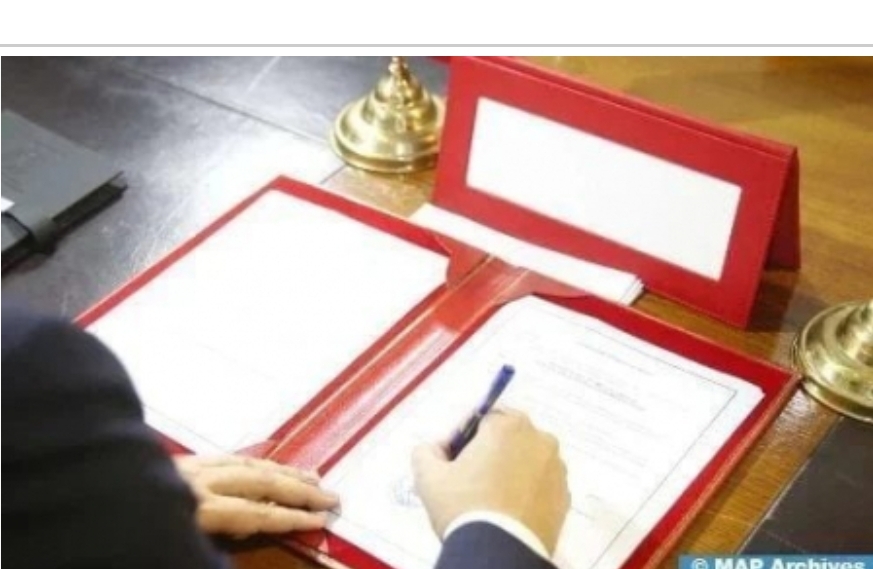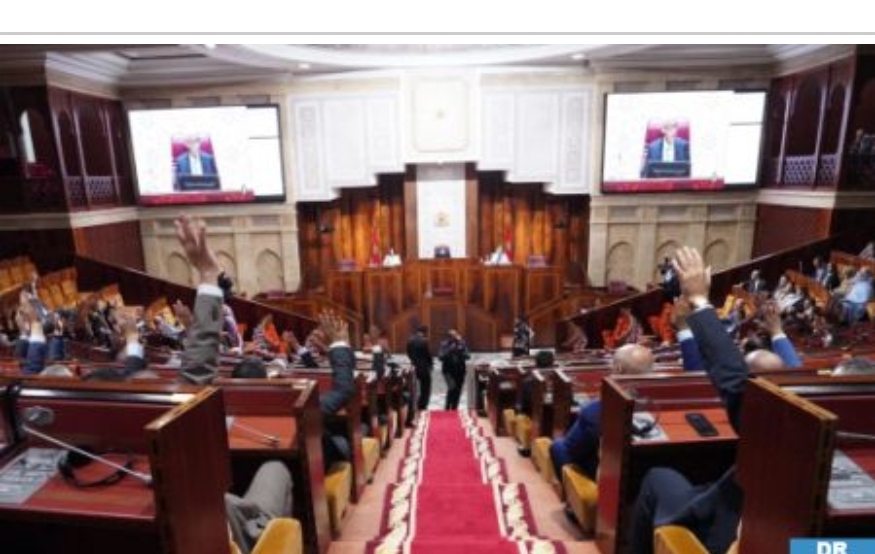Assahafa.com
The governments of China and India are trying to influence diaspora populations in Canada by pressuring ethnic media outlets to parrot government positions and suppress “red line” subjects they don’t want discussed, the inquiry into foreign interference heard Tuesday.
Two Chinese Canadian journalists and one Indo-Canadian journalist told the inquiry India and China use a mix of rewards and threats to affect what is covered and how it is reported. They said consulates and embassies have threatened to pull their advertising spending over media coverage in Canada.
Indo-Canadian journalist Gurpreet Singh said the Indian government has refused to grant visas to those whose reporting it dislikes and has threatened to cancel journalists’ Overseas Citizen of India cards, which exempt Canadian citizens from having to seek visas every time they return to India.
Singh said the Indian government is particularly sensitive to reports about support for an independent Sikh state, the debate over Kashmir, India’s caste system and who was behind the Air India bombing.
Former parliamentarian worked on behalf of foreign government to influence Parliament: CSIS
Ottawa considering lower threshold for issuing alerts on foreign interference, inquiry hears
Loopholes could allow foreign money into elections, Perrault says
“You get a lot of pushback from the Indian consulate or Indian diplomats if you deal with these issues,” he said.
China’s “red line” subjects for news coverage are Taiwan, Hong Kong, Tibet, the Chinese democratic movement overseas and the Uyghur minority, said Victor Ho, former editor in chief of Sing Tao Daily Vancouver.
“These are the taboos,” Ho told the inquiry. “You cannot release ideas opposite to the CCP (Chinese Communist Party).”
There are other issues the Chinese government seeks ts to amplify to increase internal conflict between Chinese Canadians and the rest of the population, said Ronald Leung, who hosts a weekly television show.
“Drug policy is one of the big topics in the Chinese community because of the history of China, people in general don’t like drug abuse. They hate drugs,” he said. “So they have a lot of difference with what Canada is doing on this issue. Another one is gender identity, crime and safety, the Indigenous issue, human rights.
“When China tries to amplify those conflicts in Western countries, we can see in the Chinese media in Canada, they will do the same thing, to amplify those problems.”
Source: cbc














